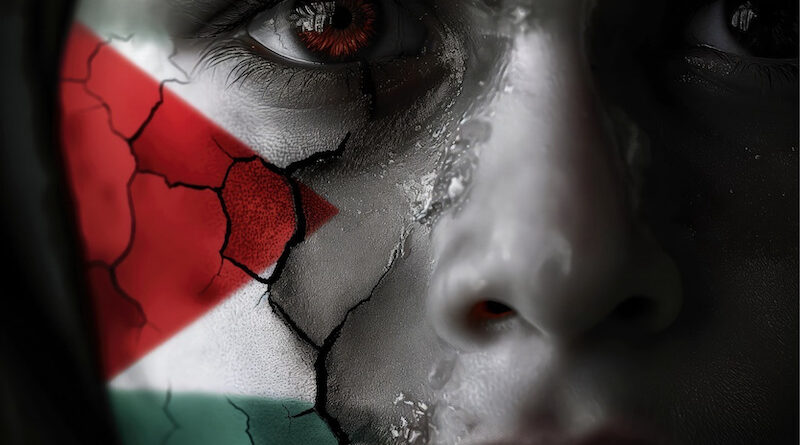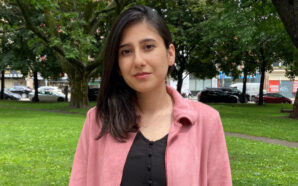New UN Women survey data from Rafah highlights the depth of physical and mental despair, with 93 per cent of women interviewed feeling unsafe and over half reporting medical conditions requiring urgent attention. With any Israeli ground invasion, these number will soar.
New York: With the population of the southern city of Rafah, in Gaza, ballooning fivefold, from 250,000 to 1.4 million people, in just seven months of war, the physical and mental health conditions for women and girls have been deteriorating rapidly, as new data collected by UN Women reveals. The imminent risk of death and injuries among Rafah’s 700,000 women and girls will escalate with any ground invasion, as they have nowhere to go, to escape the bombing and killing.
More than 10,000 women have been killed in Gaza since the start of the war, among them 6,000 mothers leaving 19,000 orphaned children behind. As a 45-year-old woman describes: “There is no safety or security. I am scared for my life, my husband’s, and my children’s. If I were to talk about it for the next 100 years, I cannot describe the fear we live in”.
UN Women’s survey data sheds light on the devastating reality of life for women and girls in Rafah:
- Rafah now hosts 700,000 women and girls who have nowhere else to go. 93 per cent of women respondents express feeling unsafe within their own homes or displaced locations.
- Over 80 per cent of women report feelings of depression, 66 per cent are not able to sleep, and over 70 per cent have heightened anxiety and nightmares.
- More than half of women surveyed (51 per cent) have a medical condition requiring urgent medical attention since the start of the war, with 62 per cent unable to pay for necessary medical care.
- More than 6 out of 10 of the interviewed women who are currently pregnant or have been pregnant since October 7th reported complications, including 95 per cent reporting urinary tract infections; 80 per cent anemia; 30 per cent pre-term labor, and 50 per cent hypertensive disorders. In households with nursing mothers, 72 per cent reported that there are challenges in breastfeeding and in meeting the nutritional needs of babies.
- Women in Rafah struggle to protect the physical and mental well-being of their children, while also bearing increased burdens of caregiving and domestic responsibilities particularly in tents and overcrowded households. 8 out of 10 (79 per cent) of female and male respondents stated that mothers are taking on more responsibility than men to provide emotional support for adult family members and children alike.
“Women and girls in Rafah, as in the rest of Gaza, are in a state of constant despair and fear already. A ground invasion would be an unbearable escalation that risks killing thousands more civilians and forcing hundreds of thousands to flee again. We must protect civilians. We need an immediate ceasefire and unimpeded and safe humanitarian aid distribution across all Gaza. The need for peace has never been more urgent. This is our only hope”, said Sima Bahous, UN Women Executive Director.
UN Women calls for the implementation of the United Nations Security Council resolution 2728 (2024) adopted on 25 March 2024 which demands an immediate ceasefire, the release of all hostages, and safe and unimpeded access for humanitarian aid.
Source: UN Women’s primary data collection, covering 360 respondents – 182 women – in Rafah by end April 2024.
Image: Pixabay











